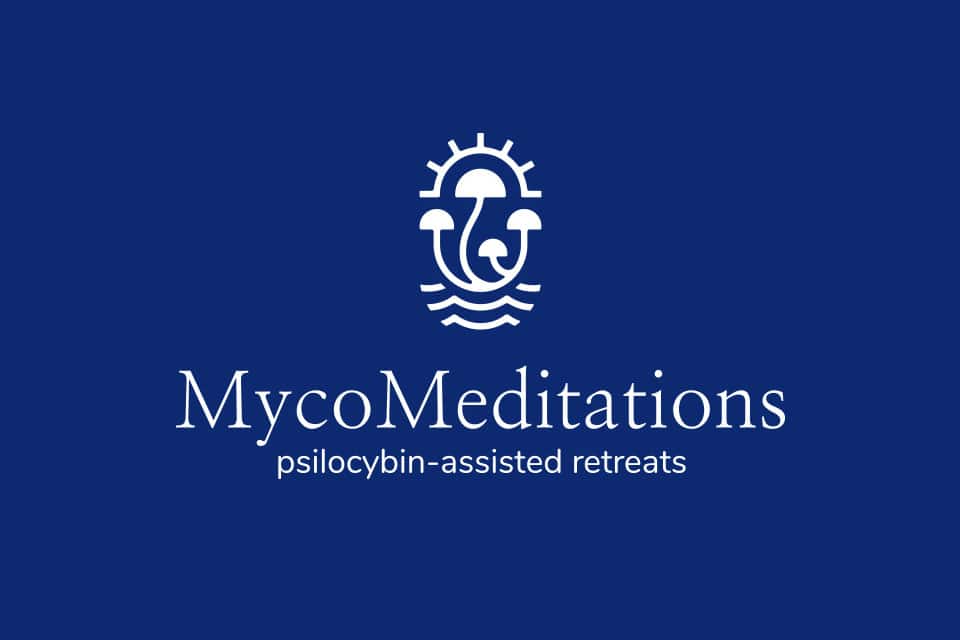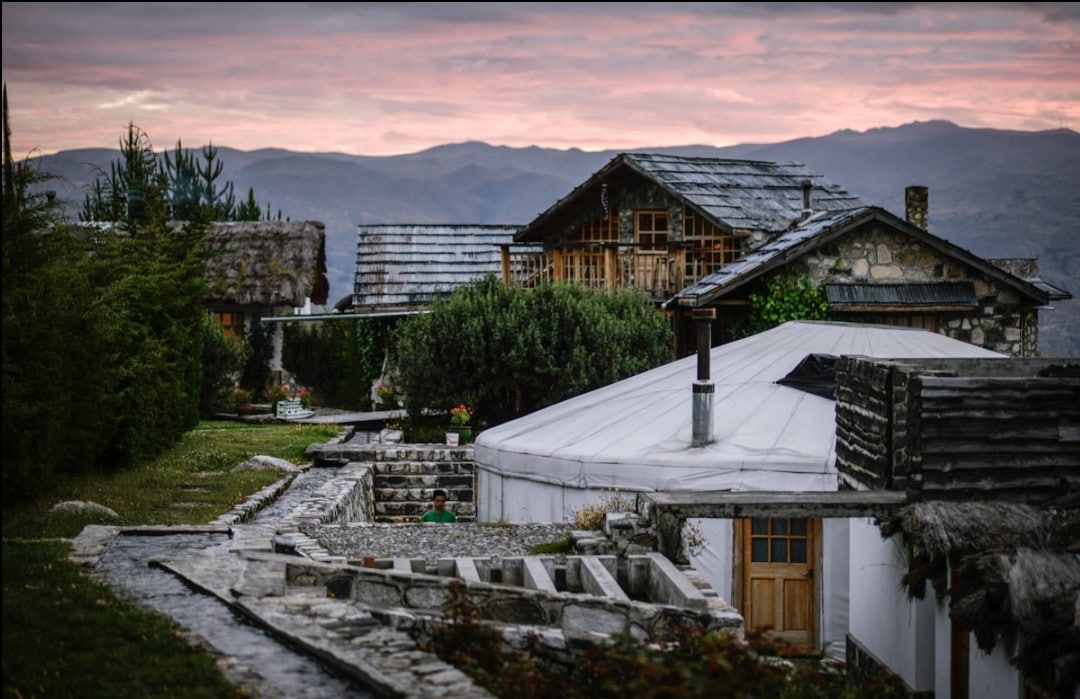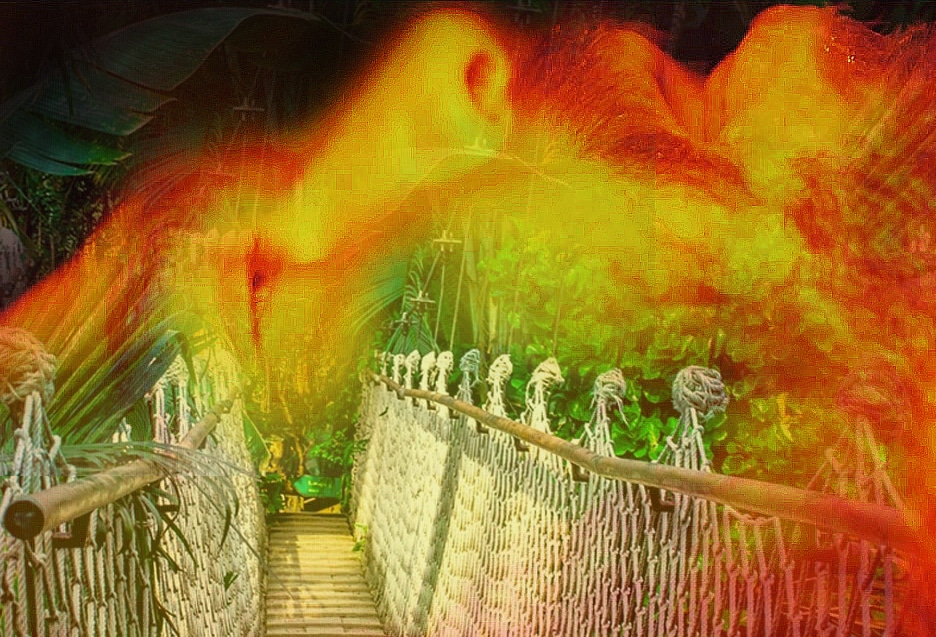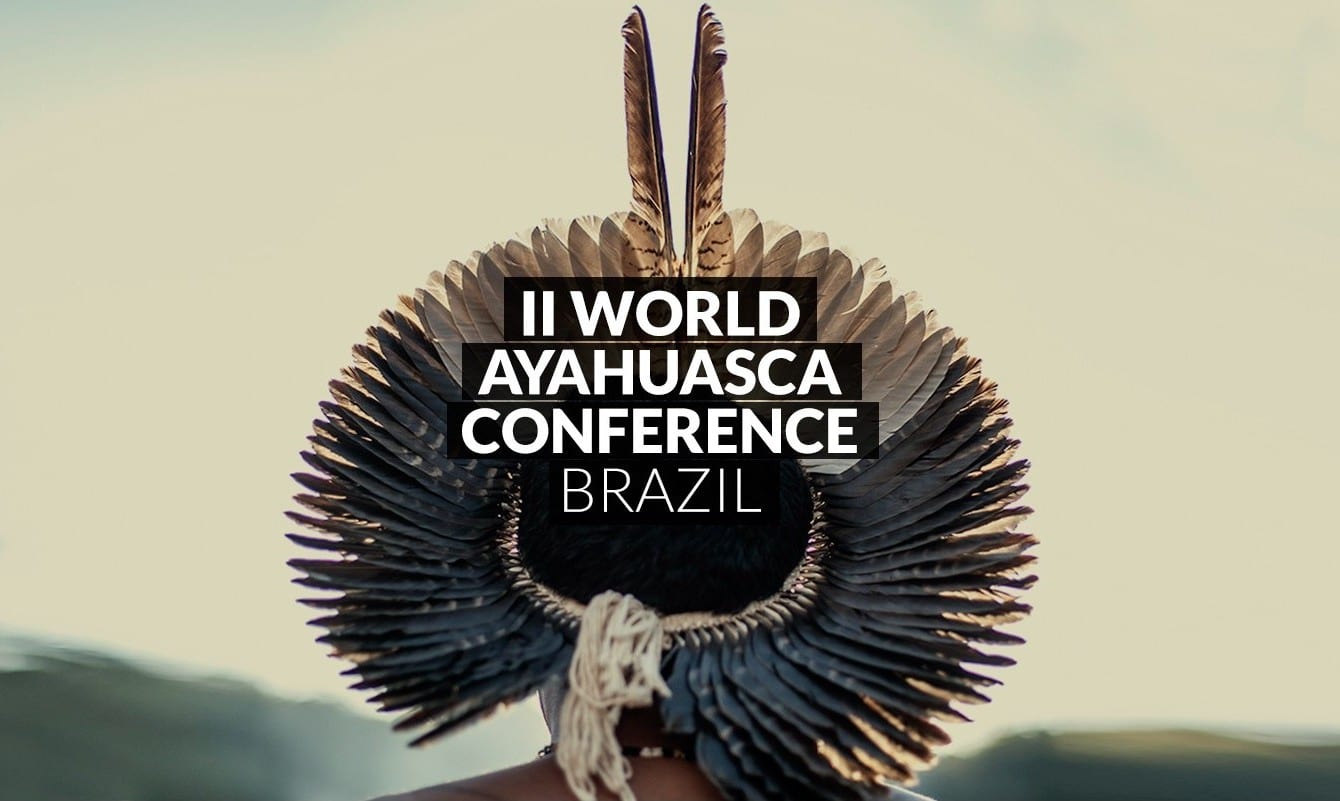Justin Townsend is the CEO and Head Facilitator of MycoMeditations, a psilocybin wellness center in Jamaica that offers week-long magic mushroom retreats. We spoke with Justin recently about the style of psychedelic therapy he provides, cultural set and setting in working with psilocybin in Jamaica, and what he has learned most from working with psilocybin for over 7 years.
Thanks so much for speaking with us Justin. Running a psychedelic retreat center is profoundly challenging. What are some of the most important lessons you’ve learned since MycoMeditations began?
Yes, running a retreat center can be challenging at times, however with every retreat that goes by it continues to be profoundly rewarding too.
For one, there is no standard psilocybin dose that works identically for all people. Everyone’s body reacts differently to the medicine. Also, nausea experienced during a trip is more often than not a symptom of catharsis and purging and needs to be encouraged not minimized.
Psilocybin has amazing transdiagnostic advocacy, successfully and consistently treating: depression, anxiety, PTSD, trauma, insomnia, addiction, migraine and cluster headaches, fibromyalgia and more. Depression is very commonly a symptom of adverse life events whether current or often going back decades; rather than a standalone illness in its own right or an “imbalance in brain chemicals” as many have been told by their GP’s. Dissociative amnesia as it relates to trauma is very powerful. Many of our guests who came on retreat to work with their depression are very surprised when they begin to recover abuse memories from childhood that they had either forgotten about or had no idea had ever taken place.
We’ve also seen that psilocybin has sustained anti-inflammatory properties. Many guests that have attended a retreat with decades of depression in combination with crippling poly rheumatoid arthritis are very happy when both conditions clear up within the week.
Does MycoMeditations provide a therapeutic model with talk therapy, or a shamanic model with singing and drumming, or something in between?
Yes, we do provide a therapeutic model with talk therapy, and this is foundational to what we provide our guests, along with ongoing integration and therapy as needed post-retreat. While we have a lot of respect for indigenous shamanic methods and knowledge, we are not positioned as a shamanic retreat; we are positioned as an evidence-based retreat for mental health conditions utilizing psilocybin-assisted therapy. To this end we are staffed with retreat leaders, psychiatrists, therapists, nurses and experienced facilitators. We incorporate a lot of education on areas of neuroscience and psychology including transpersonal and depth psychology and utilize a variety of therapeutic techniques for working with our guests.
Each retreat of 7 days consists of 3 dosing days (every other day) followed by group integration therapy, augmented by one-on-one therapy as needed. The setting is at one of three different locations that we operate our retreats at in Jamaica. We have three price points, namely Classic, Comfort and Concierge level. Many of our guests tell us that they choose MycoMeditations because of our non-shamanic approach to working with psilocybin.
Jamaica is one of the few countries where psilocybin is legal, so it is a clear candidate for a retreat like this. It’s my personal view that all medicines on the planet are meant for all peoples, but there are important cultural questions we all should deeply reflect on, and traditions that are as precious as the medicines themselves. As a white man serving South American medicine in Jamaica, how do you connect the dots of lineage, cultural heritage, and physical location, to the universal work of an inward spiritual journey?
South America is only one of many cultures that have a long tradition of working with psilocybin. With over 200 species of psilocybin-containing mushrooms existing, they grow all over the world from Europe to South America to Asia and beyond. In the UK where I am from originally, they are known as Liberty Caps and have a long history of druidic use.
While 90% of our guests come from the US, they all embrace a variety of rich and different cultures, religions and belief systems – at MycoMeditations we do not attempt to impose any top-down belief systems upon our guests, rather we meet them where they are. Rather than attempting to assimilate such a huge variety of different guest belief systems into a particular shamanic or cultural model, our agnostic approach is one of the reasons our guests choose to select MycoMeditations.
Furthermore, we survey and collect a significant amount of longitudinal data from our guests before, during and after retreat in order to better understand outcomes. The data collected includes rating scales for depression, anxiety and PTSD amongst others, and we have not found that the lack of ceremony or ritual to negatively affect the efficacy of the mental health outcomes of our guests.
To the best of my knowledge, Jamaica does not have a long traditional history of mushroom use, however in the 1970’s in Negril there was a location known as Miss Browns Tea Shop where both locals and tourists were able to consume psilocybin mushroom tea. Still today, it is very common to be offered these mushrooms by sellers on the beaches of Negril.
Psychedelics are becoming well known for their anti-addictive properties, helping people to overcome all manner of unhealthy patterns in their lives when used with that intention. What has your experience been in working with alcoholics and other people with substance use disorder? Do you feel that psilocybin has some special properties that makes it particularly well suited to specific addictions?
Psilocybin can be used to effectively treat and heal a wide variety of mental health conditions including addiction, and is applicable for general wellness enhancement too.
The ability of psilocybin to reset the brain’s Default Mode Network and create conditions of cognitive and neural plasticity allow guests to uncover and process repressed emotional material in a cathartic manner.
On each retreat we typically have one or two high functioning guests with a moderate to severe alcohol problem. I have never seen psilocybin fail to completely remove a guest’s desire for alcohol, typically no later than the second dose of mushrooms. There are also zero withdrawal symptoms such as anxiety, shaking hands, nausea, insomnia etc.
Often, we see that the alcoholism is connected to past trauma and once the trauma has been relieved the desire to consume alcohol no longer exists. With the increased cognitive plasticity following a retreat, our guests are better able to return home and more easily implement the positive behavioural changes that are desired. With depression being a comorbidity of alcoholism, we see the depression clear up too.
Editor’s note: Psychedelic Times does not endorse any specific psychedelic retreat centers, and we encourage those seeking psychedelic treatment to do thorough research and due diligence on their retreat or facilitator of choice. Psychedelic treatment is effective for many people, but cannot guarantee any specific result for an individual, and is not without risk.










